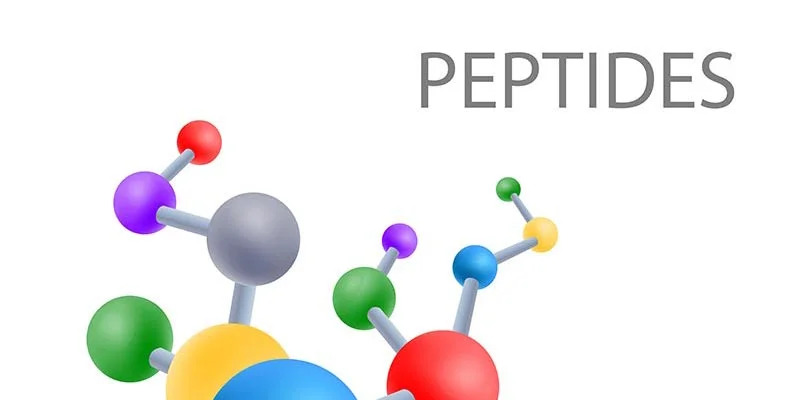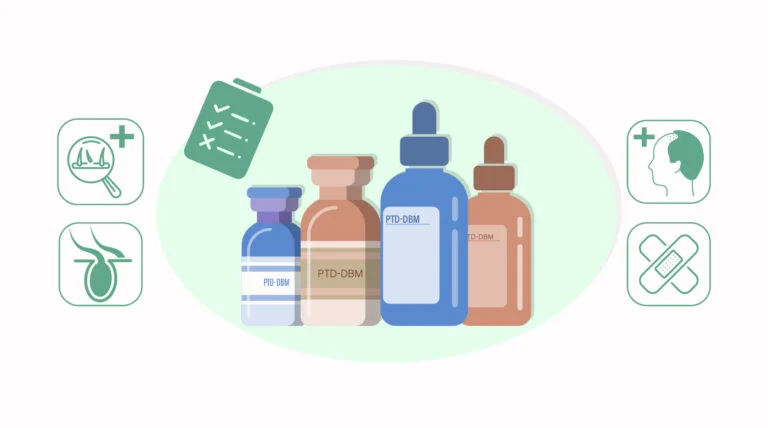Peptides for Muscle Growth: What You Need to Know
In the world of fitness and bodybuilding, peptides have gained significant attention for their potential to enhance muscle growth and recovery. But what exactly are peptides, and how can they benefit your fitness goals? This article delves into the science behind peptides, their benefits, and considerations to keep in mind.
What Are Peptides?

Peptides are short chains of amino acids, which are the building blocks of proteins. They are naturally occurring in the body and play crucial roles in various biological processes, including hormone production, immune function, and tissue repair. In the context of muscle growth, specific peptides can stimulate the release of growth hormone, which aids in muscle development and recovery.
Benefits of Peptides for Muscle Growth
1. Enhanced Muscle Repair and Growth
Certain peptides, such as Growth Hormone Releasing Peptides (GHRPs) and Insulin-like Growth Factor 1 (IGF-1), can promote muscle protein synthesis, leading to increased muscle mass and strength.

These peptides work by stimulating the production of growth hormone, which plays a vital role in muscle repair and growth .
2. Improved Recovery Time
Peptides can help reduce muscle soreness and accelerate recovery after intense workouts. This allows athletes to train more frequently and with greater intensity, ultimately leading to better muscle gains over time .
3. Increased Fat Loss

Some peptides, like CJC-1295 and Ipamorelin, not only promote muscle growth but also help with fat loss by boosting metabolism. This dual effect makes them popular among bodybuilders aiming for a leaner physique .
4. Enhanced Endurance and Performance
Peptides such as BPC-157 can improve endurance and performance by increasing blood flow to the muscles and reducing inflammation. This helps athletes push through longer and more challenging training sessions .
Considerations Before Using Peptides
1. Quality and Purity
It’s crucial to obtain peptides from reputable sources to ensure quality and purity. Look for products that are third-party tested and manufactured in certified facilities .
2. Dosage and Administration

Proper dosage and administration are essential for achieving desired results and minimizing side effects. It’s recommended to consult with a healthcare provider or a specialist in sports medicine before starting any peptide regimen .
3. Potential Side Effects
While peptides are generally considered safe, they can cause side effects such as water retention, joint pain, and increased hunger. Monitoring your body’s response and adjusting dosages accordingly can help mitigate these effects .
4. Legal and Regulatory Considerations
The use of certain peptides may be restricted or banned in professional sports. It’s important to check the regulations of your sport’s governing body and ensure compliance before using these substances .
Conclusion
Peptides offer promising benefits for muscle growth, recovery, and overall performance. By understanding their mechanisms, benefits, and potential risks, you can make an informed decision about incorporating peptides into your fitness regimen. Always prioritize quality, consult with professionals, and stay informed about legal considerations to safely and effectively use peptides for muscle growth.
For more information on peptides and their benefits, check out these reliable sources:

